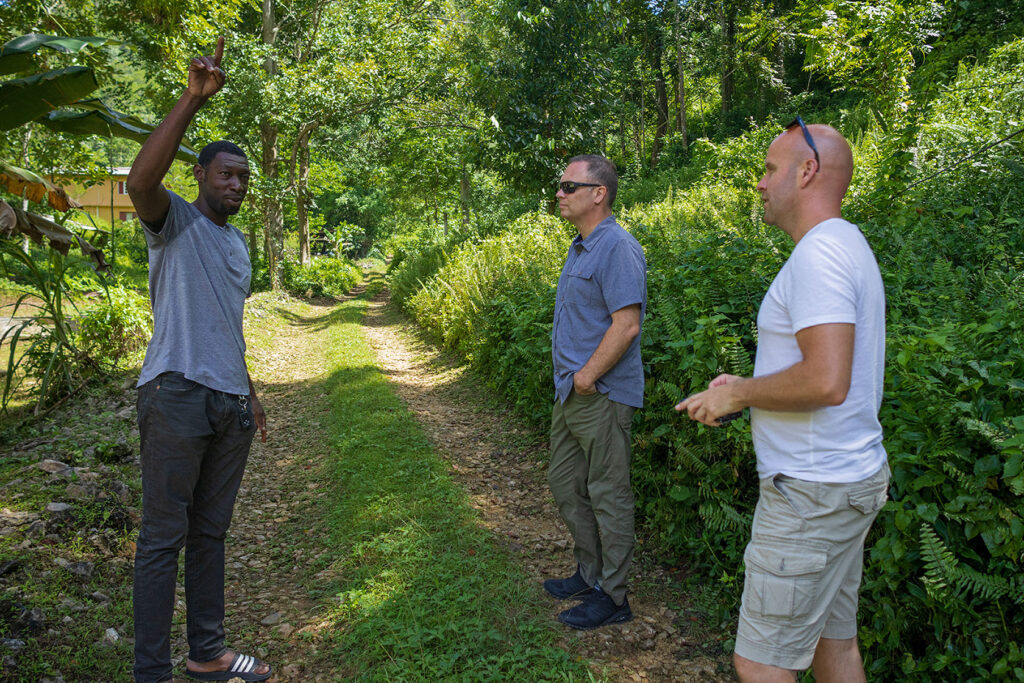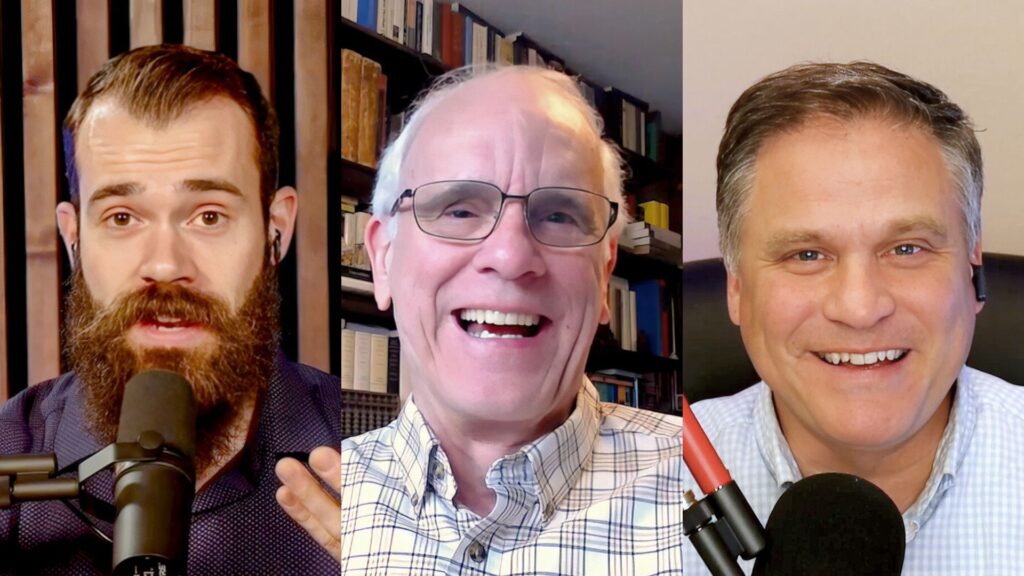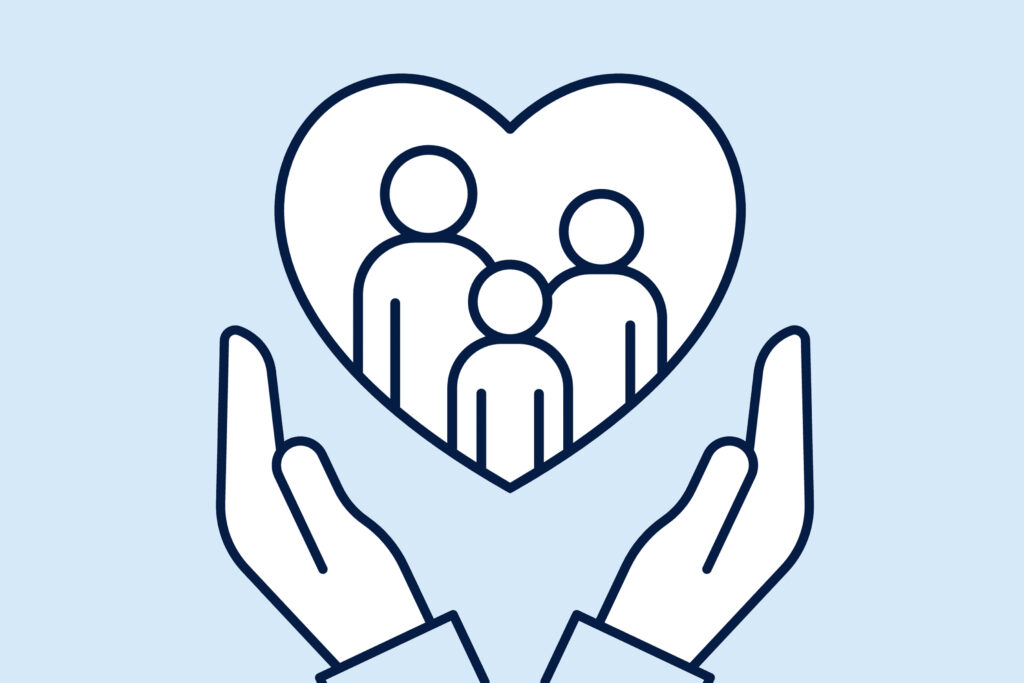Books about “washing your face,” becoming amazing, loving who we are, discovering our greatness and living awesome, are on the top shelves for a reason. So much time and effort are being put into the discovery of our identities. But what does that actually mean? If we are using outside resources to discover our identity, isn’t that still kind of like other people telling us who we are?
So, who do we listen to? Which book is going to tell us who we really are? Which path to self-discovery is the right one? It’s all so confusing. (And furthermore, what if I don’t want to wash my face, anyway?)
There is a lot of talk about identity in the Western world, but it seems that among expats and mission workers (especially women) it’s even more prevalent. It’s hard to give up so much of who we thought we were in our home culture to move overseas. It’s especially hard when you watch yourself turn into someone who you don’t really recognize anymore. And 99 percent of the time, someone that you—and possibly others—don’t even like.
Confusion about identity becomes a significant tool in Satan’s toolbox keeping us focused on and confused about this idea of self. But it costs us more than we think. When we start wobbling on what used to be our foundation of truth, looking inward for identity or to those around us rather than to Christ, it robs us of more than we might think.
The Final Straw
Moving overseas to our little town in Tanzania slowly began eating away at “me.” First, we were living in a town where we knew a total of zero people. There was no one around to either affirm or reject me, no one who cared about my success or failure, no one who saw me at Target or commented on my clothes. There was no one calling me for lunch dates, speaking my language, laughing at my jokes, enjoying my children, or constantly reaching out to book photography appointments. In fact, my photography website expired a couple of weeks after our arrival in Tanzania. My husband Aaron, for obvious reasons (my business was closed due to a move to Africa), asked me not to renew my website.
So, I lost my mind—which was already borderline-crumbling—and cried like a toddler. Up until this point, I didn’t even know that I cared about my website, but there was a part of me who believed that what I did as a photographer was “who I was.” That “part of me” died with my website.
That’s embarrassing to admit. This kind of thing happened over and over again that first year. I’m not even going to mention how hard it was to switch Lucky skinny jeans over to flowing stick-to-my-sweaty-thighs missionary skirts. Not being able to dress how I liked was even starting to rob me of my identity. I definitely looked in the mirror, delicately touching my reflection, tenderly whispering with a slight head tilt, “Who am I?” on more than one occasion.
It turns out that my identity was a lot more complicated and full of idolatry than I had realized. My identity most certainly was not as rooted in Christ as I had thought before the big revealing move overseas.
Unfortunately, this didn’t lead to immediate repentance, nor did I instantly realize what was happening to me. But one by one, as more of who I believed I was fell to the ground, my confidence, my peace, my happiness and my sense of “me” dissipated with it. I was a mess.
Losing myself drove me to Jesus. It gave me truth. It gave me peace despite circumstances and feelings—despite me.
Thank God that no one handed me a book on self-love or self-confidence back then.
Girl, Beware of Self-Help Books
The thing about these self-esteem books is that they are often offering us faux, fading, and fraudulent reproductions of what Christ alone can provide.
The Bible actually calls us to die to ourselves and promises that in doing this we are found in Christ. Can you imagine a book called Die to Yourself making New York Times’ Best Sellers list? Self-denial is a detestable thought in our self-obsessed culture.
I recently read book reviews from Christians defending the recent books Girl, Wash Your Face and Girl, Stop Apologizing by Rachel Hollis. They defended the author, who professes to be a Christian, stating that she wasn’t writing a “Christian book but a self-help book.” But Hollis, as professing believer, wrote a book about self-confidence and self-acceptance and didn’t mention the gospel. If this woman is a true follower of Christ and wrote an entire self-help book geared towards women without mentioning the beauty of being found in him, then she is either cruel or confused. If she has tasted the goodness of Jesus and yet chose to give us a message of self-love, there is no excuse.
As Nancy Pearcey wrote in her book Finding Truth, “Christianity is a worldview conceptually rich enough to account for all of human experience.” Thank you, Nancy. Ladies—read her books! Beware of Christian authors who offer you borrowed worldviews dishonestly labeled “Christian.” This is not about being legalistic or narrow-minded; rather, it is about filling our minds with the most freeing truth there is and ever will be.
Don’t let anyone sell us short of who God says that we are, sisters. Stop believing it. Stop serving each other with this noise. It’s not offering hope. It is offering fraudulent self-identity that will never satisfy.
In Girl, Stop Apologizing, Hollis claims, “Who you are is defined by the next decision you make, not the last one.” No! This is a condemning lie. As Christians, we know that our choices—good or bad—ultimately have nothing to do with our identity, which is grounded in the finished work of Christ. But can you imagine for a moment how paralyzing it would be to live this way, believing that we are constantly defined by our next decision? What if just today I made the questionable decision and bought press-on nails at Target (which may have actually happened)? Does that now define me too?
It is no wonder everyone is walking around confused. Hollis’ assertion that our most recent decision forms our identity wasn’t derived from Scripture. She has no solid ground to stand on—only her opinion. And sadly, many of us believe it.
Already Washed
The answer to your longings isn’t to “wash your face.” If you are in Christ, then the best news in the world is that you are already washed. Our identity has already been found—the search is over! Rather than looking into the mirror asking, “Who am I?” we have the freedom to look away from ourselves and base our confidence on who God is. That is enough. This identity in Christ is grounded in timeless, culture-defying truth and is not contingent upon the opinions of others or our own performance, decisions, or emotions.
We don’t need women’s conferences and books telling us that we are enough, amazing, and worthy. We need to be reminded of the glorious gospel message that relieves us from the bondage of self-obsession and points us to the joy, rest, beauty, hope, and love that we find in Jesus.
We don’t need to strive to be better versions of ourselves because Christ’s love already bought us, and we are made perfect in him—and that exact same grace and power that paid for our sins on the cross and defeated death strengthens to become more like Christ every day.
Implications
Our identity in Christ isn’t theoretical; it has practical implications. It means that:
- We can be weak, weary, and even weird and yet be perfectly okay, because his strength is made perfect in our weakness (2 Corinthians 12:7-10).
- We don’t have to perform. We can rest (Matthew 11:28).
- We don’t have to relentlessly search for identity. We are already found (Isaiah 26:3-4).
- We don’t need to muster up more confidence. We can simply rely (Psalm 52:6-12).
- We don’t need to obsess about perfecting ourselves and other created things. We have our Creator to worship (Psalm 96:4-5).
- We can stop thirsting for what the world offers. We have living water and will never thirst again (John 7:37-39).
- We discover who we are when we learn who Christ is (Galatians 3:27-28).
The titles on the shelf at Target aren’t just innocent self-help books with a semi-Christian tone; they proffer counterfeit confidence that enslaves, whereas Christ came to set us free.
Sisters, stop looking around to others for your self-worth. Stop looking inward. Look up. Don’t stop pursuing Christ.
Wherever we find ourselves in this world, from Africa to Asia, whether we are single or married, moms to little ones or grown-ups or none, in a productive period of life or floundering, young or old, at our lowest or highest weight, or wading through our favorite or most challenging season, we are his, and he is good. And there is our identity. In him.




